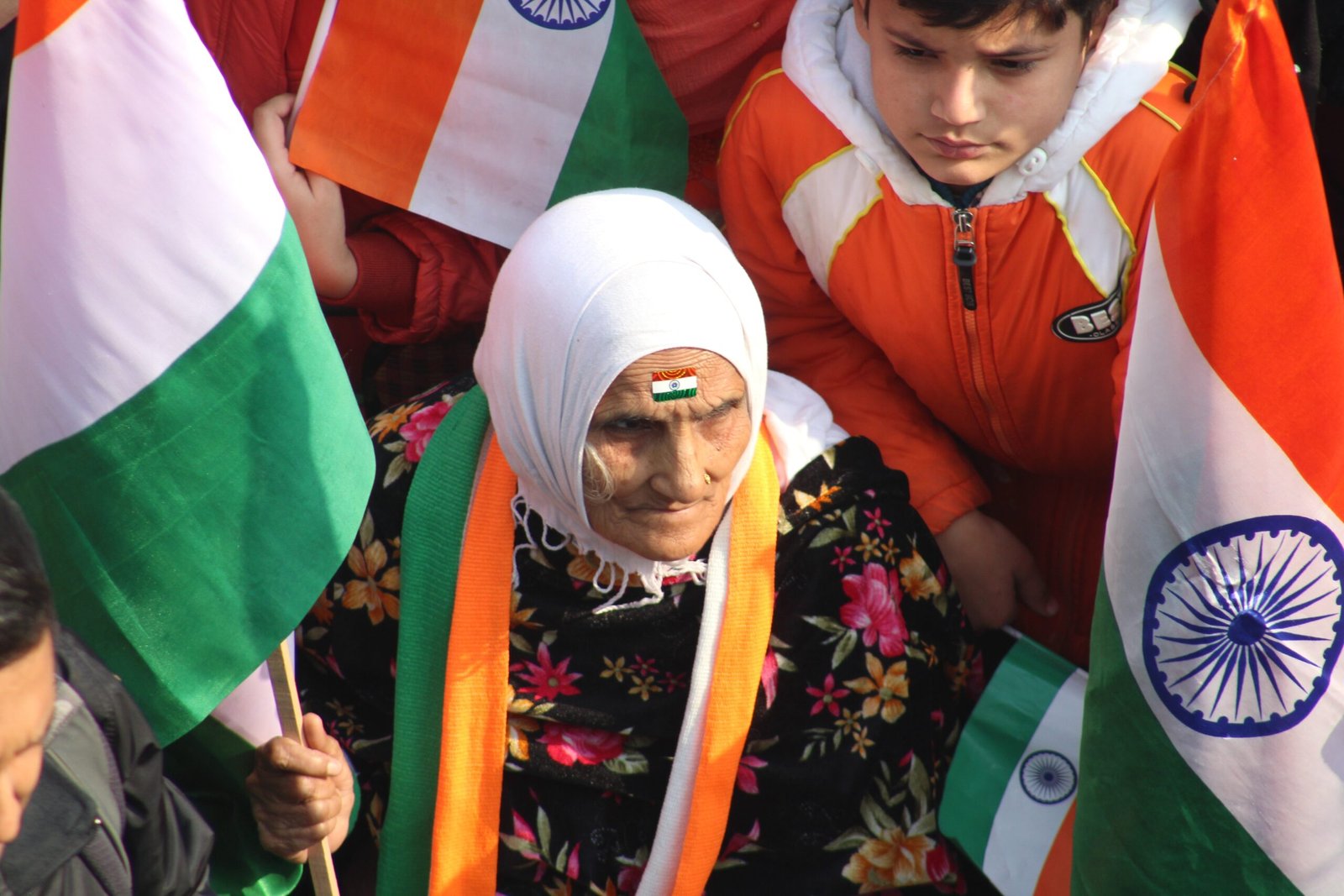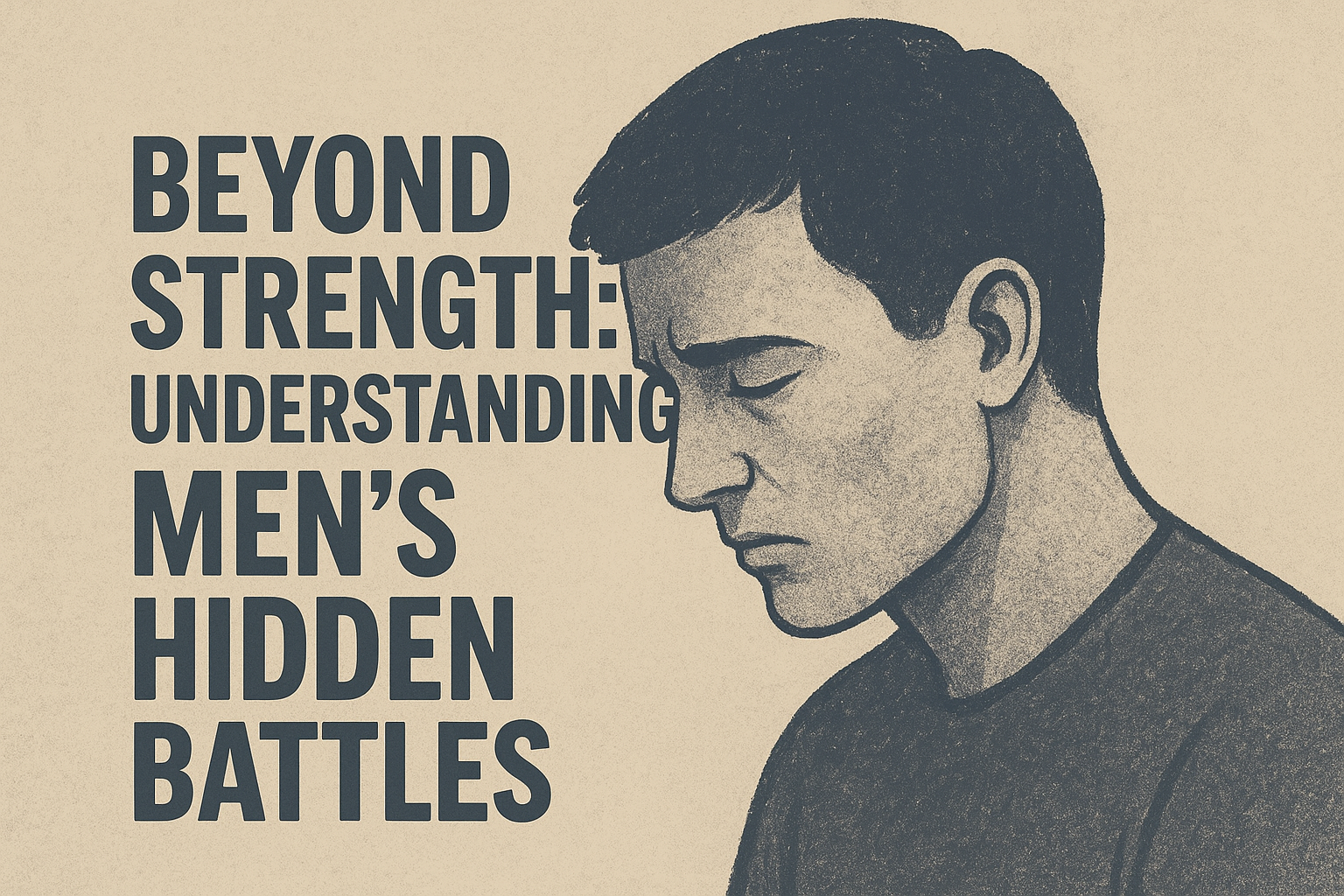Mai: A Mother’s Rage is the recent addition to Netflix India. The series featuring Sakshi Tanwar in the lead (perhaps the most challenging role she has ever performed) is created by Atul Mongia. The story revolves around a mother whose speech-disabled daughter suddenly gets killed in an accident, which is revealed to be not an accident with a bit of probing by the mother. Eventually, there begins the unfolding of a medical scam administered by a mafia group and the ruthless and convoluted journey the mother undertakes to uncover the secrets and take revenge.
What strikes me in Mai is how a mother’s guilt has been thoroughly explored. It is a show that only a mother could have crafted. And as I delved deeper, I found the same emotion portrayed by different female characters in recent shows and movies. Remember how Vidya Balan in Sujoy Ghosh’s thriller Kahaani (2012) used to fake pregnancy to prove her vulnerability and innocence. In the same way, Sheel Choudhury (Sakshi Tanwar) unknowingly uses her domesticated appearance in a sari as armor, a pretense that she, possibly, cannot be a threat.
Sheel’s ammunition stems from her guilt of abandonment, the guilt that she could not find her way to her daughter’s heart, to anything that has been disturbing her for long. Heavily laden with this guilt, she finds her way through killing, abducting, and injuring almost in a stupor. While the first was not intentional, she shows no qualms in disposing of the body or moving on to the next target. She has no hesitations whatsoever when it comes to ‘protecting the family.’
It is interesting to juxtapose the mother in Mai against the mother in Jalsa. Vidya Balan’s character has a subconscious urge to confess or expose herself, but her guilt of having to abandon her son with cerebral palsy prevents her from doing what so-called right is. On the other hand, Sheel in Mai has a larger goal to fulfill, for which she can easily brush her crime under the carpet. Balan’s profession as an ethical journalist is what nudges her to confess. Contrarily, Sheel’s profession as a nurse lends her a sort of clinical detachment while dealing with deaths.
In Sheel’s case, the guilt is heightened because the daughter had a speech disability, and there seems to have been a disconnect between mother-daughter despite the mother trying hard to be protective and perceptive. We get to know this as the series progresses, and we learn that the daughter, Supriya, had confided about her relationship with the father and not her Mai. The family dynamics further compound this guilt. Her husband had convinced her to give away their second child, a son, to his well-to-do elder brother and sister-in-law because they were childless and financially better positioned to raise him well. This pain of being forced to be a surrogate comes back to bite her after her daughter dies, triggering an unquenchable thirst for revenge. Season 1 of Mai ends with a climax, and season 2 is expected to continue embarking on this mother’s revenge story. It is for us to find out if she learns to live with the guilt or begets much more guilt to redeem one guilt.

By Sumana Ganguly Chakraborty
Sumana Ganguly is a professional content writer, working for agencies and independent clients. A Master’s in English Literature, she has always been passionate about writing. Watching movies and analysing them is one of her favourite hobbies apart from reading books and listening to music. She can be contacted at sumanaganguly88@gmail.com.














